Wildlife biologists cheer the federal decision even if it may be a case of too little, too late
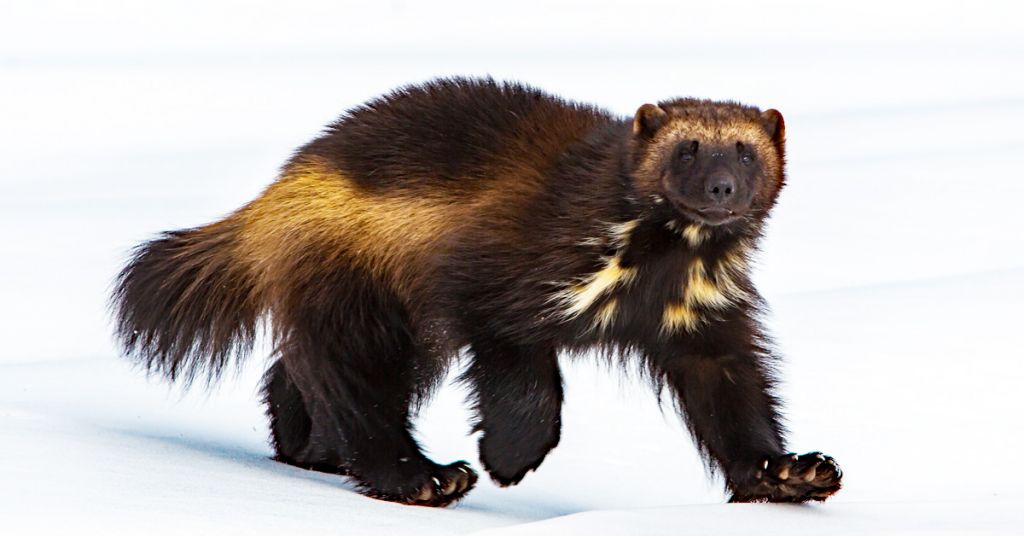
Waiting on a friend: This juvenile male wolverine in Washington’s South Cascades has a limited cohort. But now at least now he has federal protection. Photo: Kayla Shively
By Kendra Chamberlain. December 6, 2023. It’s a good time to be a wolverine. The University of Michigan is entering this season’s College Football Playoff as the number-one seed.
And last week, after decades of litigation, six legal challenges and new science, the last 300 lonely wolverines in the lower 48 states secured federal protection under the Endangered Species Act.
The U.S. Fish and Wildlife Service officially listed the species as threatened on Nov. 29.
For decades, the federal government’s slow response to the species’ decline has frustrated … just about everyone.
Conservationists first asked the USFWS to list the species in 1994, to no avail.
In 2022, a judge in Montana vacated a 2020 USFWS finding that the species wasn’t in danger of extinction.
That decision forced the agency to redo its assessment of the species.
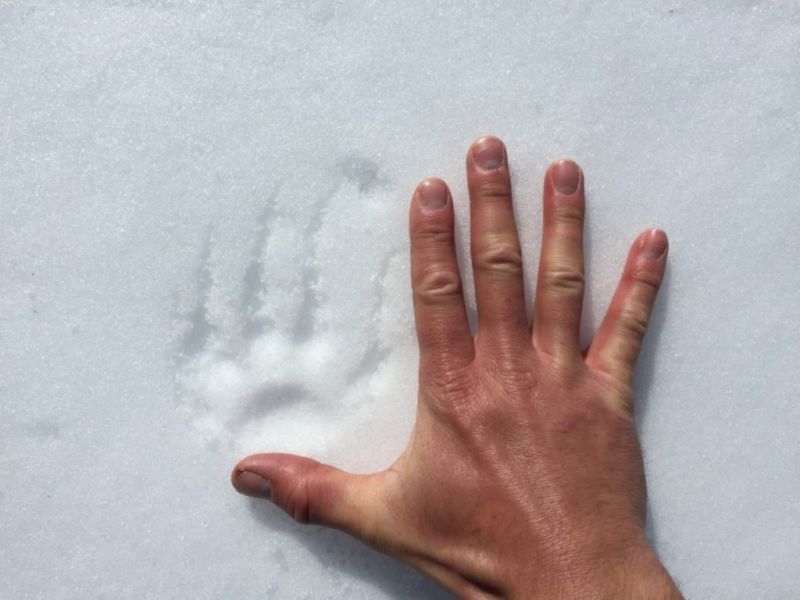
Looking for a wolverine? These are the tracks to follow. Photo by Scott Shively
In September, the agency released an addendum to its assessment, citing updated information on climate change, habitat connectivity, trapping, snow, population density and impacts on genetic diversity that now warrant the species more protection.
Wolverine protections have long been opposed by a coalition of the American Petroleum Institute and agricultural and snowmobiling groups.
Montana U.S. Representative Matt Rosendale quickly criticized the new wolverine protections.
“Unfortunately, this decision was based on unanswered questions and old or non-existent data,” Rosendale said in a press release response to the ruling. “This decision … incentivizes the federal government to establish additional regulations and limitations on Montanan’s private property and the recreational use of federal lands under the guise of conservation and protection of a species that may very well be thriving.”
Recovery a long way away
Wildlife biologists say wolverines are by nature elusive and therefore hard to study, but after a century of trapping, poisoning and deforestation, the animals have been pushed to the brink of extinction.
Experts estimate the total wolverine population at 300 animals in the contiguous U.S., spread mostly across Idaho and Montana.
A much larger and more stable population is located in Alaska.
There are only two confirmed reproducing dens in Washington’s Cascades, and just one documented wolverine, lovingly called “Stormy,” in Oregon.
Wildlife biologist Jocelyn Akins is cheering the decision to list wolverines as threatened.
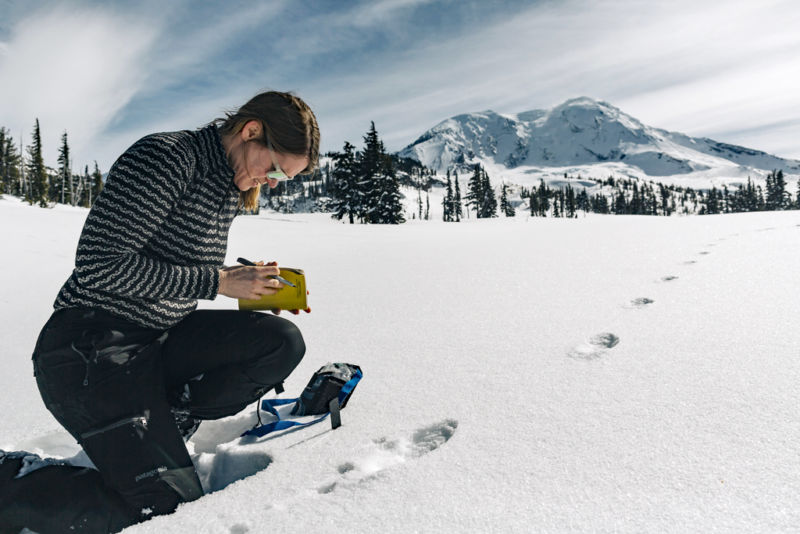
Cold comfort: Jocelyn Akins is seeing years of hard research pay off. But wolverines still face an uphill climb. Photo: Cascades Carnivore Project
Akins, founder of the Cascades Carnivore Project, wrote in Columbia Insight about her work tracking and recording the wolverine population in and around Mount Rainier National Park in Washington.
As it is for all larger carnivores, wolverine habitat is shrinking.
Snowpack is declining across the Pacific Northwest, and wilderness areas continue to be sliced up by roadways. In Washington, vehicle collisions are “a huge source of mortality” for wolverines, according to Akins, who has been working for years to document and protect wolverines.
Declining snowpack in higher altitudes is spelling big trouble for the species as the climate warms, Akins told Columbia Insight in an email.
“They are adapted to a cold climate and use a deep snowpack to protect their young kits in snow dens and cache food, which is critical for females during the denning season,” she wrote. “The wolverine has a tenuous hold in the Cascade Range. While they have naturally returned to Washington during the past three to four decades, there remain very few individuals.”
Akins said the new protections don’t mean the end of challenges for wolverines.
“I remain wary that adequate resources will be brought to understanding what drives their decline and what management tools can be developed to ensure they persist for the next generation,” she said.
For his part, Rep. Rosendale vowed to work to revoke threatened species status for wolverines.


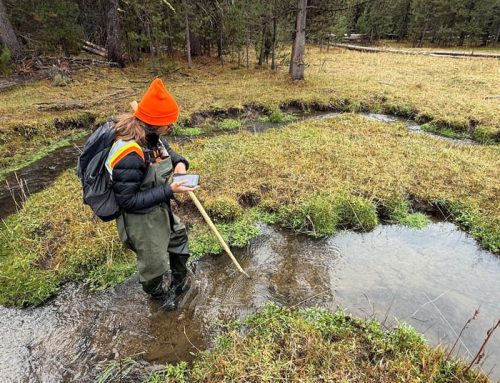
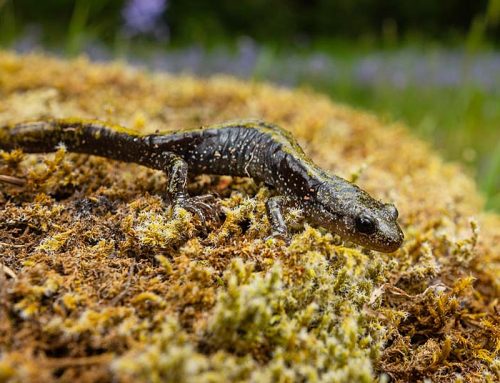

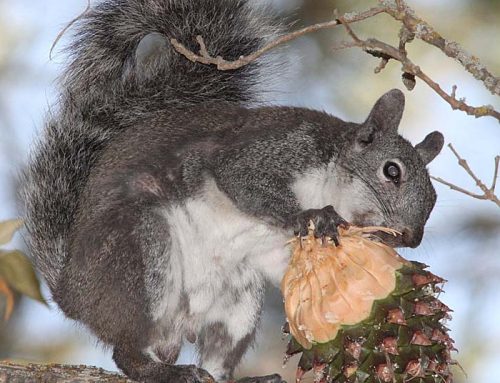
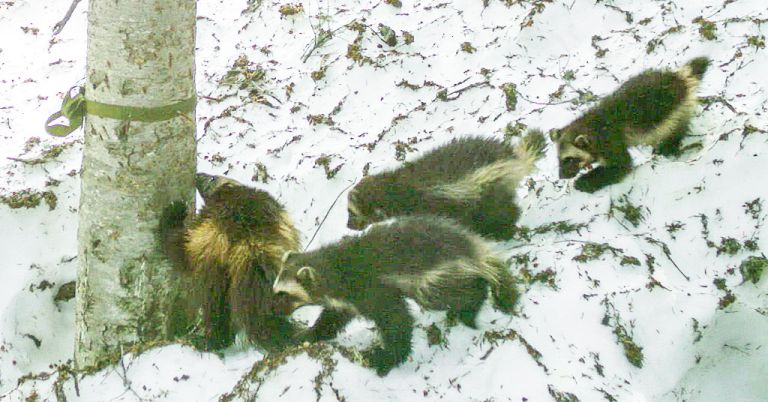
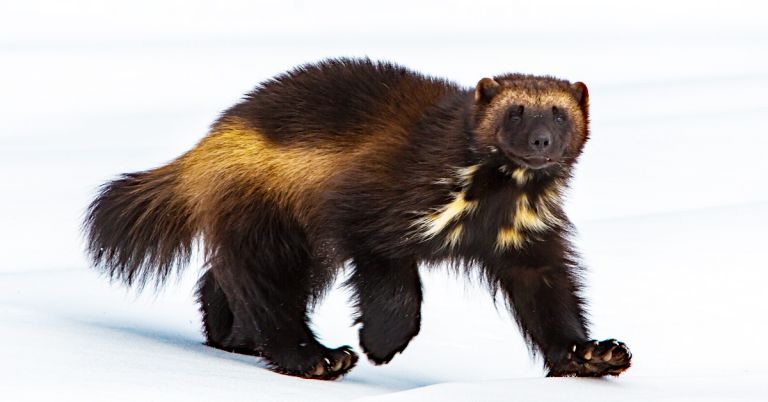
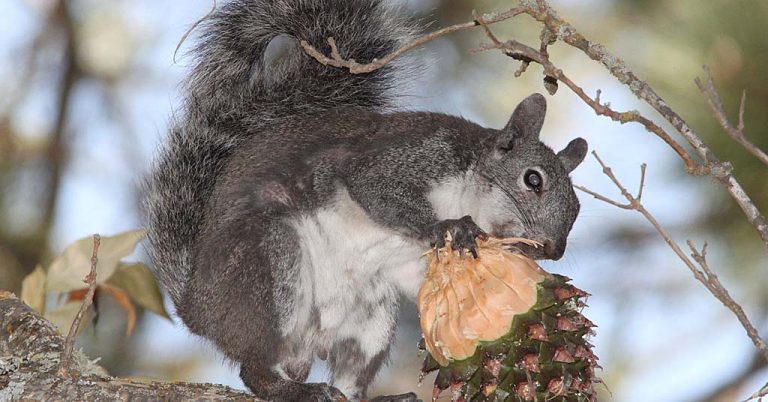
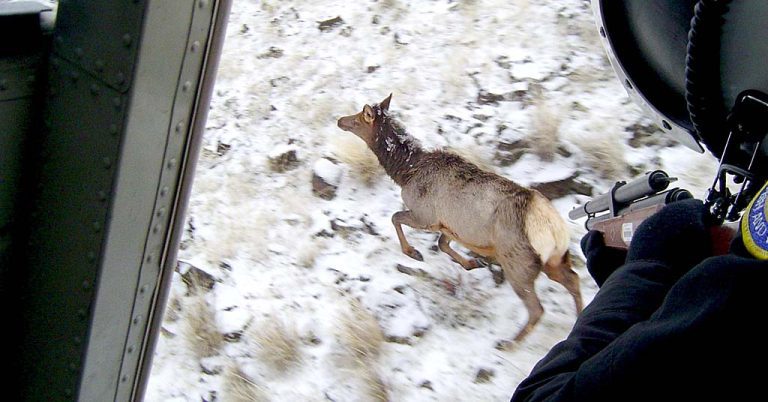


I vividly recall encountering a wolverine on the western side of the Loowit Trail about 20-years ago now. I called the Forest Service to let them know and left two voice messages after being transferred to the person that ‘I should let know’. The individual never called me back and I couldn’t understand why until I spoke with Douglas Chadwick, author of the Wolverine Way. He stated, ‘They don’t want to know about your sighting as that means they acknowledge that they exist in the region and then they have to develop a plan around them. If they don’t acknowledge they can ignore the situation.’ Big sigh. Twenty years later, I am psyched to hear that a plan is finally underway.